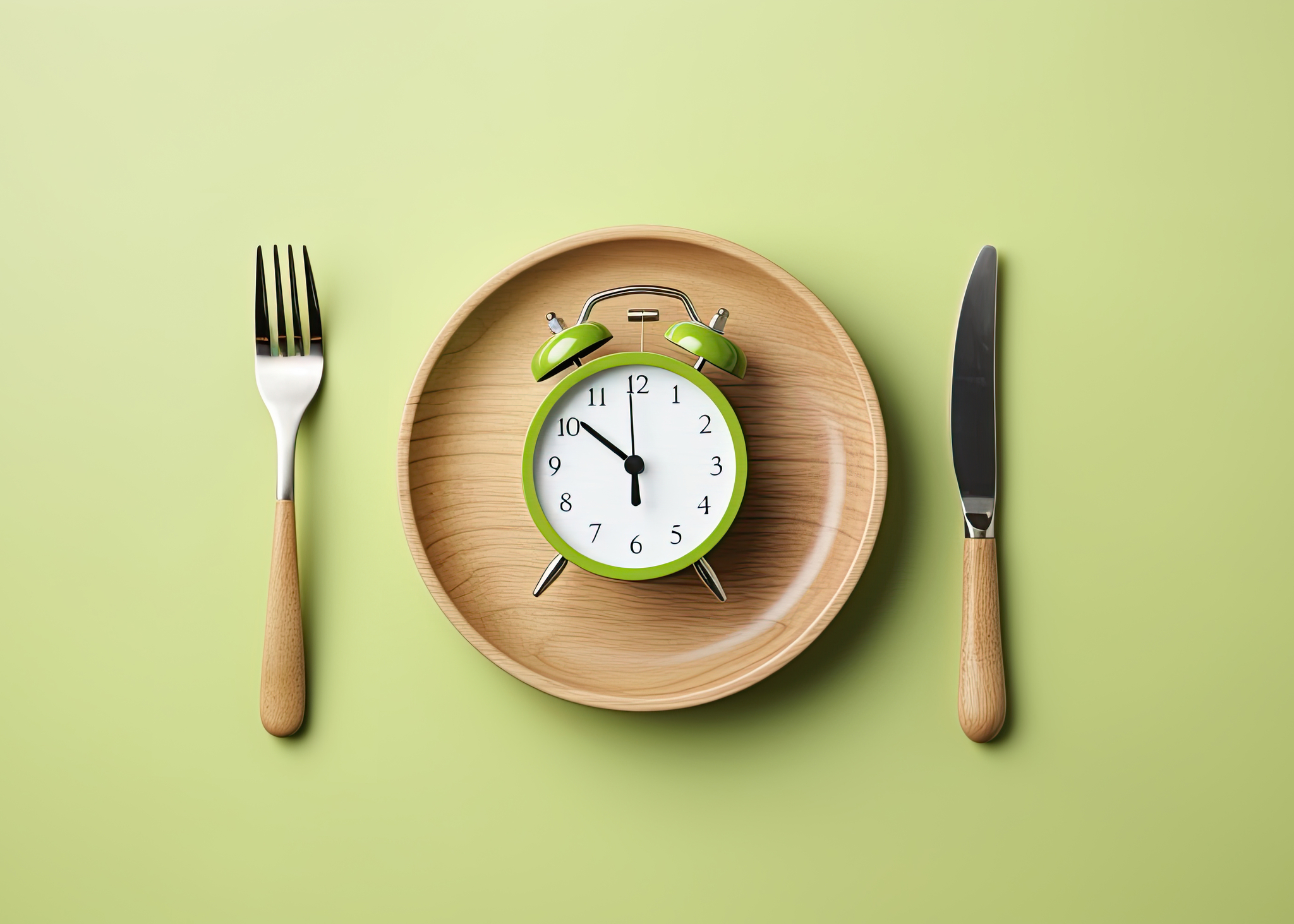Delving into the Dinner Hour: Five Revealing Facts About Early Dining and Its Impact on Your Health
Early humans, as hunters and gatherers, consumed their meals during daylight hours, usually in the middle of the day when the prey was most abundant. As societies developed and agriculture became prevalent, meal times shifted to suit labor-intensive farming routines. On the other hand, the Industrial Revolution introduced rigid schedules that pushed dinner to the evening after work. Understanding this evolution of meal timing provides a foundation to delve into its impact on our health.
“Breakfast like a king, lunch like a prince, and dinner like a pauper,” this proverb has roots embedded in our ancestors' routine. This timing, aligned with our circadian rhythms, promoted better digestion, energy utilization and overall health. Some nutritionists and historians believe this could be nature's intended plan for us which we have disrupted with our 21st-century routines.
The Science Behind Early Dining

Our bodies follow an internal biological clock, known as the circadian rhythm, controlling our sleep-wake cycle, eating habits, and digestion. Research shows a strong connection between our circadian rhythm and metabolism, indicating optimal times for eating might exist. Aligning eating patterns with our biological clock by having an early dinner might lead to better digestion and energy utilization, preventing various health issues.
A 2013 research study conducted by the Salk Institute showed that mice that ate at 'wrong' circadian times gained more weight than those that ate at 'right' times. This research hints towards a relationship between meal timing and weight management, stressing the importance of early dining.
Early Dining and Weight Management

Nutritional studies have consistently demonstrated that early dining often leads to better weight management. A study by the University of Murcia revealed that those who ate their main meal before 3 p.m. had a 25% greater weight loss than late eaters.
Furthermore, Not only is the timing of the meal important, but also the distribution of food quantities throughout the day. It has been noticed that consuming a larger portion of your total daily calories earlier in the day can aid in weight loss and maintenance.
Early Dining and Sleep Quality

Eating late in the evening may disrupt our sleep quality and duration. Research carried out by Yakult Central Institute in Japan found that late-night-eaters experienced a shorter sleep duration and poorer sleep quality, increasing the risk of various health issues like obesity, diabetes, and heart disease.
Early dining, ideally three hours before sleeping, allows adequate digestion time, contributing to better sleep quality and overall health.
Early Dining, Blood Sugar Control, and Heart Health

Late-night eating can cause issues with our body's ability to metabolize glucose, leading to an increased risk of diabetes. In contrast, early dining can improve glycemic control, reducing the risk of type 2 diabetes.
Moreover, there's an observed relation between the timing of food intake and the risk of hypertension and high cholesterol levels - both contributory factors to heart disease. Eating earlier allows the body ample time to process and distribute nutrients before going into 'rest and repair' mode, promoting heart health.
Adapting to Early Dining in Modern Times

Adopting early dining schedule may seem challenging today's busy schedules. However, with planning, it can become second nature. Strategies might include physiologically synchronizing dinner time with sundown, preparing meals in advance to save time, and gradually shifting dinner earlier until it becomes a routine.
Understanding that early dining plays a significant role in our wellbeing is the first step towards a healthier lifestyle, enabling us to make the right choices for our health. This consciousness, combined with gradual change, allows us to realign our daily practices with the wisdom of the past for our future health.